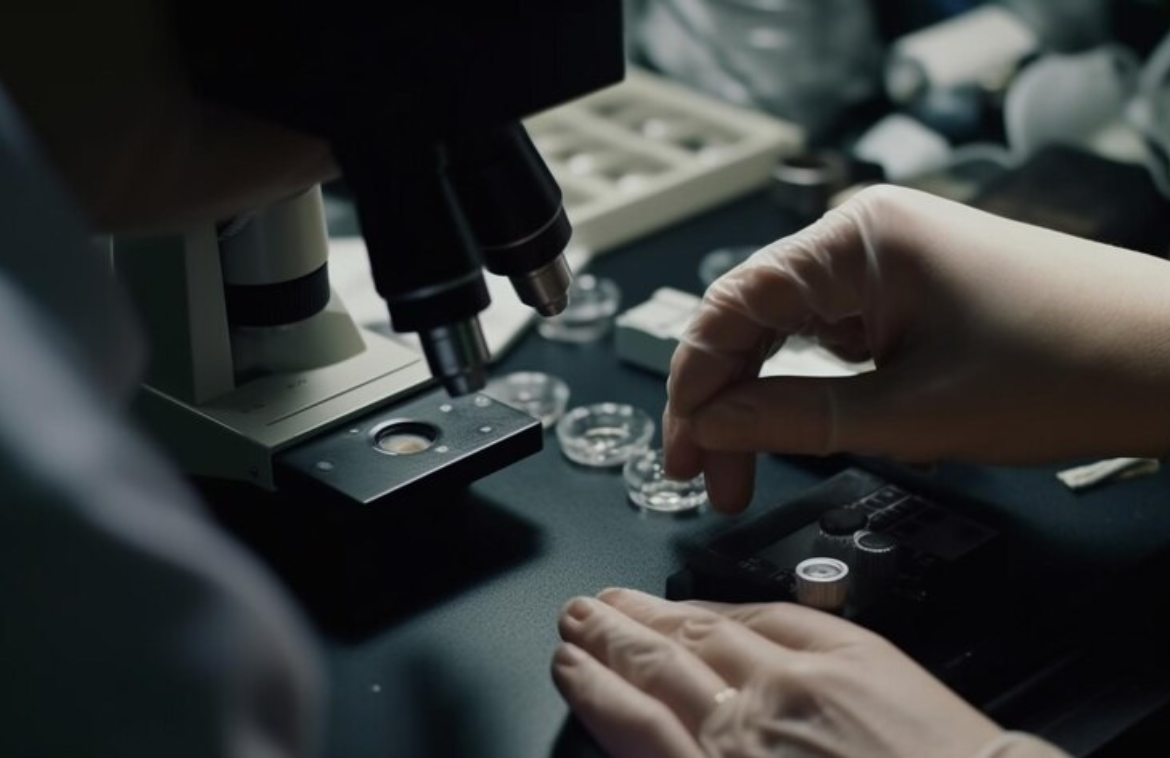Male infertility can be determined by diagnostic tests male infertility. Doctors conduct sophisticated tests to determine the cause of male infertility.
Several infertile couples have in fact more than one cause of infertility, so seeing a male infertility may be required. In a few cases, a cause is never identified.
Diagnostic tests for male infertility
- Physical exploration to see if one’s general health status and that of his sexual organs.
- Semen analysis is needed to assess sperm quality.
- Hormone analysis to determine if there is any alteration in the male sex hormones.
- General physical examination as well as medical history in order to examine one’s genitals and ask questions about any inherited conditions, chronic health problems, illnesses, injuries, or even surgeries that could affect fertility.
- Hormone blood tests to check testosterone, follicle-stimulating hormone (FSH), luteinizing hormone (LH), as well as prolactin levels.
Infertility tests can indeed be expensive and might not be covered by insurance. It is advisable to check what one’s medical plan covers ahead of time.
Diagnosing male infertility problems entails:
- General physical examination and medical history – This does include examining one’s genitals and asking questions about any inherited conditions, chronic health problems, illnesses, injuries, or even surgeries that could affect fertility. The doctor might also ask about one’s sexual habits and about the person’s sexual development during puberty.
- Semen analysis – Semen samples can be obtained in a couple of different ways. A sample can be provided by masturbating and also ejaculating into a special container at the doctor’s office. Due to religious or cultural beliefs, few men prefer an alternative method of semen collection. In a few cases, semen can be collected by making use of a special condom during intercourse.

The semen is then sent to a laboratory for measuring the number of sperm present and also looking for any sort of abnormalities in the shape (morphology) and movement (motility) of the sperm. The lab will also check one’s semen for signs of problems like infections.
Often, sperm counts tend to fluctuate from one specimen to the next. In a few cases, several semen analysis tests are done over a period of time in order to ensure accurate results. If the sperm analysis is normal, the doctor will recommend thorough testing of one’s female partner prior to conducting any more male infertility tests.
The doctor might recommend additional tests to help identify the cause of the infertility. These can include:
- Scrotal ultrasound.
- Transrectal ultrasound.
- Hormone testing.
- Post-ejaculation urinalysis.
- Genetic tests.
- Testicular biopsy.
- Specialized sperm function tests.
If a person has never been evaluated by a doctor, then he might begin by seeing the family doctor. If one has a known condition resulting in infertility or has any abnormalities on one’s testing by one’s primary care doctor, then the person is referred to a specialist.
Getting ready for an appointment
- Be aware of any pre-appointment restrictions.
- Write down any symptoms you’re experiencing.
- Write down key personal information.
- Find out whether you have a family history of fertility problems.
- Find out from your parents if you have undescended testicles.
- Make a list of all medications, vitamins, and supplements.
- Take your partner along.
Questions to ask your doctor
Examples of questions:
- What does a person suspect might be interfering with his ability to father a child?
- Other than the most likely cause, what are other possible reasons for the partner not being able to conceive a child?
- What kinds of tests are needed?
- Will the partner also need tests?
- What is the best treatment for one’s condition?
- What are the alternatives to the primary approach that is being suggested?
- Are there any restrictions that I need to follow?
- Should I see a specialist?
- Are there any brochures or even other printed material that can be taken home? What websites to see?
Conclusion
Diagnostic tests for male infertility help reveal the cause of male infertility.









